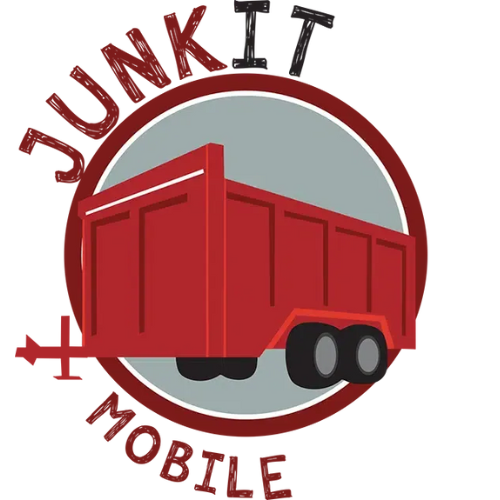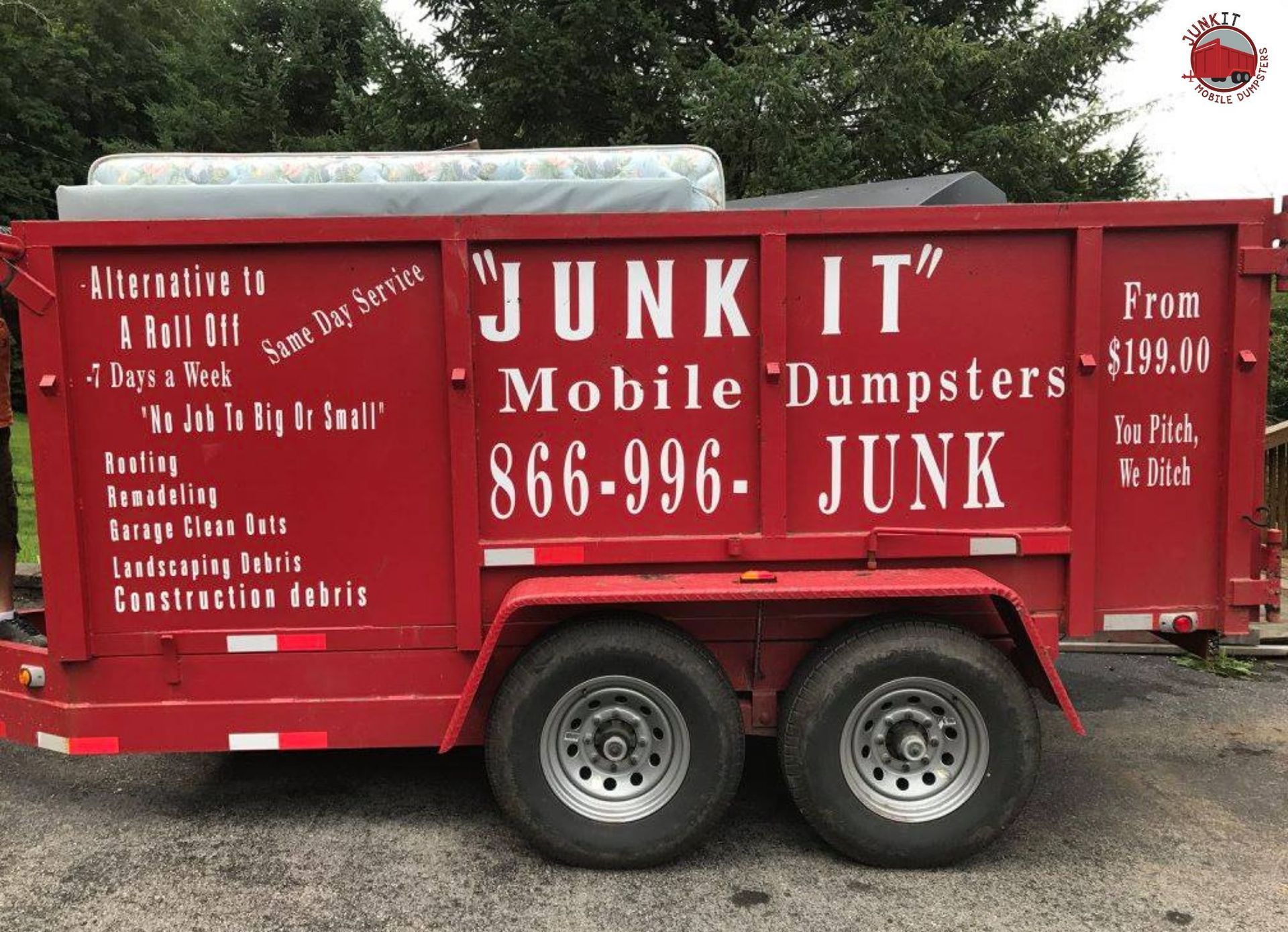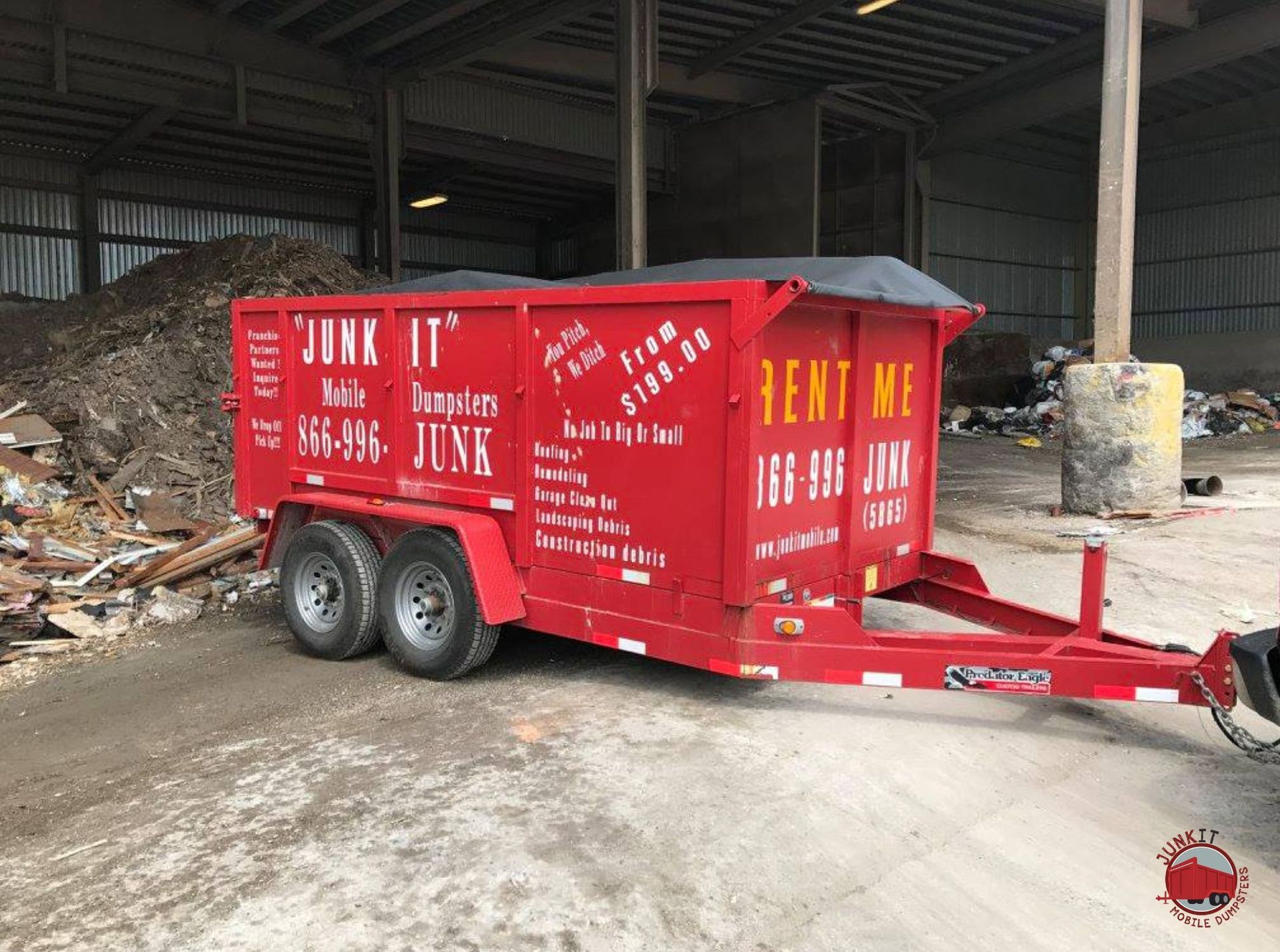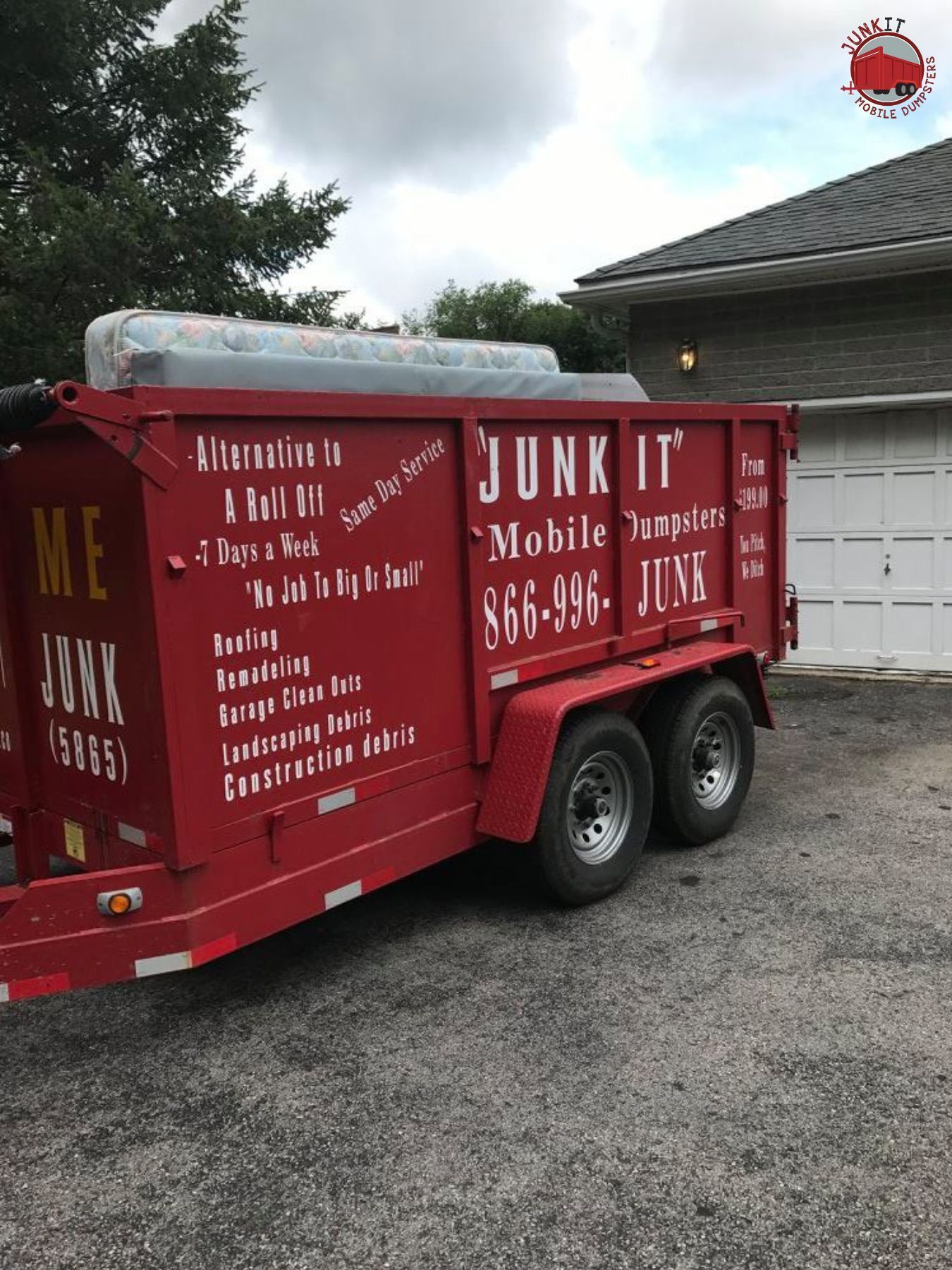Dumpster Rental for Industrial Waste
Meeting Regulatory Standards for Better Waste Management
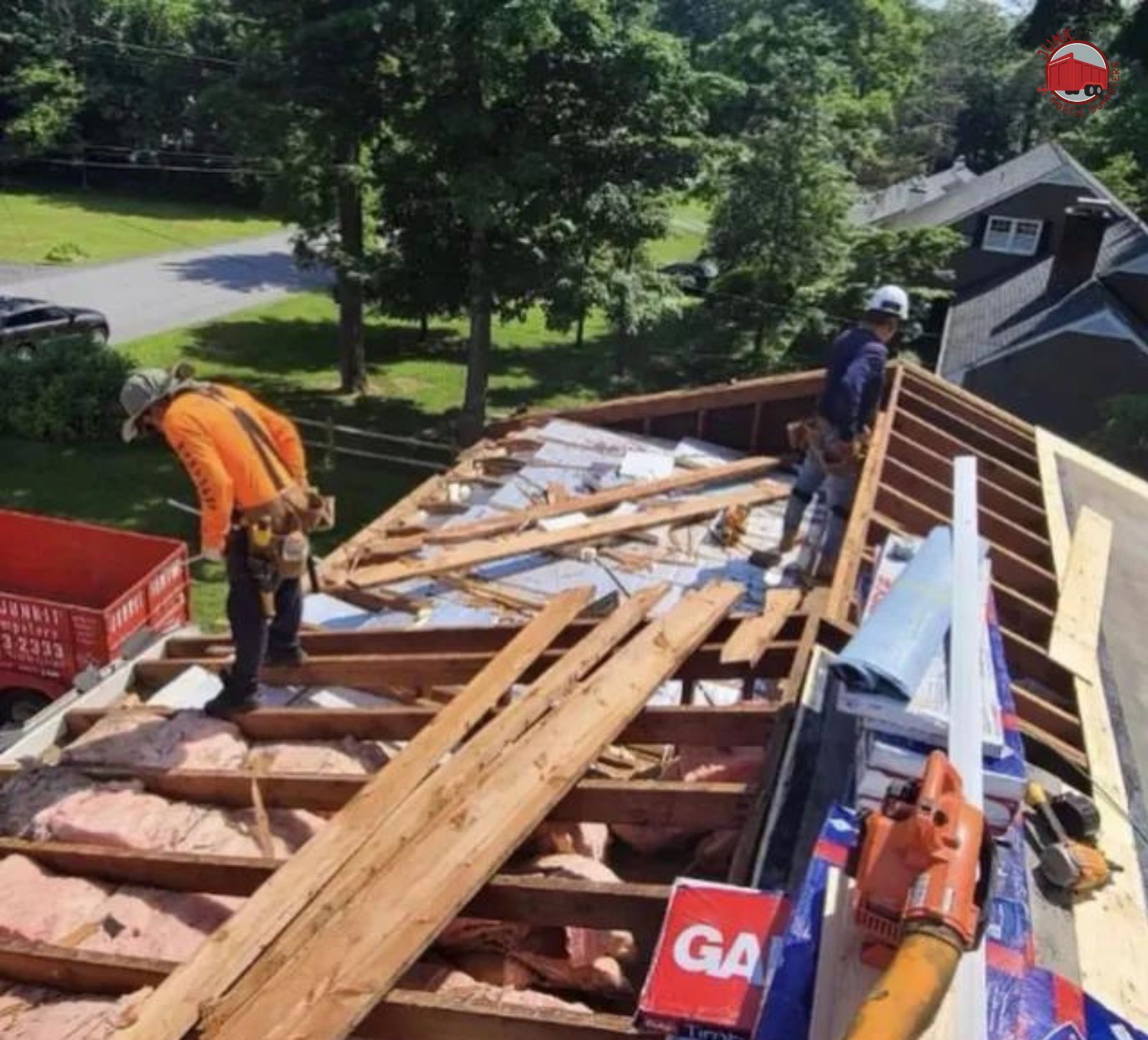
Industrial waste management is a critical aspect of maintaining a safe and sustainable environment. With businesses producing significant amounts of waste daily, it becomes essential to implement efficient and compliant disposal practices. Dumpster rental services play a pivotal role in helping industries manage their waste effectively while meeting stringent regulatory standards. In this comprehensive guide, we will explore the importance of dumpster rental for industrial waste, the regulatory landscape, and the steps businesses can take to ensure compliance.
The Significance of Industrial Waste Management:
Industrial activities generate a diverse range of waste materials, including hazardous and non-hazardous substances. Improper disposal of industrial waste can have severe consequences, such as environmental pollution, public health hazards, and legal repercussions. Dumpster rental provides a structured and organized approach to handling industrial waste, offering businesses a practical solution to maintain cleanliness and adherence to regulations. Industrial waste management holds immense significance in maintaining environmental sustainability, safeguarding public health, and adhering to legal and regulatory standards. Industries generate diverse and often complex waste materials, ranging from non-hazardous to potentially harmful substances.
Preventing Environmental Pollutants with Industrial Waste Management
Efficient industrial waste management not only prevents environmental pollution but also mitigates the risk of legal consequences and financial liabilities. Regulatory bodies, such as the Environmental Protection Agency (EPA) and Occupational Safety and Health Administration (OSHA), set stringent guidelines to ensure the safe handling and disposal of industrial waste. Adhering to these regulations is not only a legal obligation but also a moral responsibility for businesses operating within communities. By embracing effective waste management practices, industries can contribute to a cleaner and healthier environment. This includes implementing recycling initiatives, utilizing advanced technologies for waste treatment, and partnering with reliable dumpster rental services.
Understanding Regulatory Standards:
Federal Regulations:
Environmental Protection Agency (EPA): The EPA sets comprehensive guidelines for the disposal of industrial waste to protect air, water, and soil quality. Dumpster rental services must align with EPA regulations to ensure the proper containment and disposal of waste materials.
Occupational Safety and Health Administration (OSHA): OSHA regulations focus on the health and safety of workers involved in waste management. Businesses must adhere to OSHA guidelines when selecting dumpster rental services to minimize workplace hazards and ensure employee well-being.
State and Local Regulations:
Variability in Regulations: State and local regulations may vary, adding an additional layer of complexity to industrial waste management. Dumpster rental services must be well-versed in the specific requirements of the regions they serve to provide compliant solutions.
Permitting Requirements: Many regions require businesses to obtain permits for the temporary placement of dumpsters. A reliable dumpster rental service should assist clients in navigating the permitting process, ensuring all necessary approvals are obtained before waste disposal begins.
Dumpster Selection for Industrial Waste:
Size and Capacity:
Matching Waste Volume: Selecting the right dumpster size is crucial to accommodate the volume and type of industrial waste generated. Mismatched sizes can lead to inefficiencies and increased costs.
Roll-Off Dumpsters: Roll-off dumpsters are commonly used for industrial waste due to their versatility and ease of placement. They come in various sizes, making them suitable for diverse industrial applications.
Specialized Dumpsters:
Hazardous Waste Containers: Industries dealing with hazardous waste must choose dumpsters specifically designed for hazardous materials. These containers ensure the safe containment and transport of potentially harmful substances.
Recycling Dumpsters: To promote sustainability, businesses can opt for recycling dumpsters to separate recyclable materials from general waste. This aligns with both environmental goals and regulatory requirements.
Dumpster Rental Process:
Consultation and Assessment:
Site Visit: Dumpster rental services should conduct on-site visits to assess the industrial waste generated, the space available for dumpster placement, and any specific requirements or restrictions.
Customized Solutions: Based on the assessment, the dumpster rental service should propose customized solutions that meet the unique needs of the industrial facility while adhering to regulatory standards.
Agreement and Documentation:
Clear Terms and Conditions: The rental agreement should clearly outline the terms and conditions of the service, including rental duration, pricing structure, and any additional fees or charges.
Regulatory Compliance Guarantee: Dumpster rental services should provide assurances of compliance with federal, state, and local regulations, alleviating concerns for businesses seeking reliable waste management solutions.
Transportation and Placement
Timely Delivery and Removal
Efficient Transportation: Dumpster rental services must adhere to agreed-upon schedules for both delivery and removal, ensuring that industrial waste does not accumulate beyond the designated timeframe.
Prompt Removal: Timely removal of filled dumpsters prevents overflow, minimizes environmental impact, and supports a continuous waste management process.
Strategic Placement:
Accessibility: Dumpster placement should be strategically planned to facilitate easy access for waste disposal while considering safety, workflow, and compliance with zoning regulations.
Preventing Contamination: Dumpster rental services should take precautions to prevent cross-contamination between different types of waste, especially when dealing with hazardous materials.
Waste Disposal and Recycling
Proper Disposal Methods
Waste Sorting: Dumpster rental services should educate industrial clients on the importance of segregating different types of waste to facilitate proper disposal methods.
Landfill Diversion: Implementing landfill diversion practices, such as recycling and composting, contributes to sustainability goals and may align with regulatory initiatives promoting waste reduction.
Monitoring and Reporting:
Tracking Waste Metrics
Monitoring Systems: Dumpster rental services can implement tracking systems to monitor the volume and types of waste generated, providing valuable data for both businesses and regulatory compliance.
Reporting Compliance: Regular reporting on waste disposal practices and adherence to regulatory standards demonstrates transparency and accountability, essential for maintaining a positive relationship with regulatory authorities.
The dumpster rental for industrial waste is a crucial component of responsible waste management. By partnering with reliable and compliant dumpster rental services, industrial businesses can meet regulatory standards, minimize environmental impact, and contribute to a safer and sustainable future. Through careful consideration of dumpster selection, adherence to regulatory guidelines, and strategic waste management practices, industries can streamline their operations while fulfilling their environmental and legal obligations.
All Rights Reserved | Junk It Mobile Dumpsters
Website Managed by
Leads By Vinny |
Privacy &
Terms
